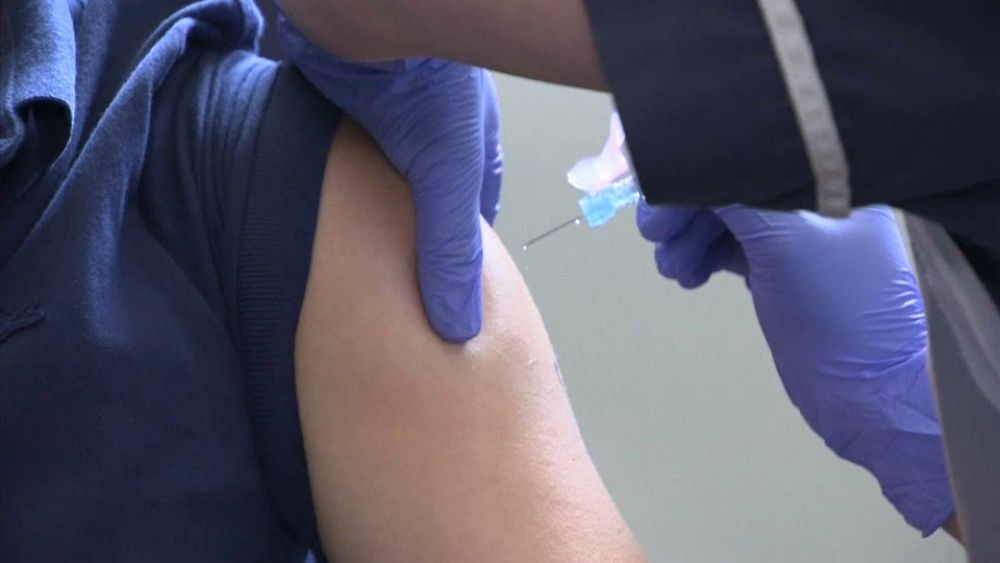Italy is preparing to launch a massive vaccination campaign in January, according to Health Minister Roberto Speranza.
The Italian government has appointed a task force to plan how and where the first doses will be delivered when international regulators approve a successful vaccine.
Scientists estimate that 60-90 percent of a population needs to be vaccinated – possibly every year – to reach herd immunity against the coronavirus and stop future outbreaks.
The Health Minister has maintained that the vaccine will be free in Italy and looks likely to be voluntary. And although the vaccine won’t be compulsory, there is growing hesitation among Italians over its safety.
Of the 800 people who took part in a recent survey by the “SWG” research institute, nearly 40% said they would not take the risk.
Scientific research has broadened the choice of candidate vaccines, but even that has triggered some skepticism. The majority of the people surveyed would prefer to have an Italian vaccine than a European or an American one.
According to the plan outlined by the government, health care workers and medically vulnerable groups will be the first ones to receive it.
Italians may soon get a “vaccination passport” to keep track of their vaccination records, to be able to move within the country or travel abroad.
But experts are cautious. Scientist Maria Rosaria Capobianchi, the head of one of the first teams of virologists in Europe to isolate the DNA sequence of the virus, says that it’s not the vaccine alone that would make the difference
“The vaccine is not the only product available, we hope that we’ll offer treatments as well to go with that. But the main tool is the behaviour that is being followed by each one of us. This has proved to be a very effective measure to contain the spread of the virus”
It looks like the vaccine won’t set people free from using face masks or respecting social distancing in the short term. Experts warn that it’s too early to say how long it will take to a full return to normal.
Italy, among European countries now struggling with a second wave of the pandemic, has recorded 1.3 million cases and a death toll of nearly 50,000 since the coronavirus took hold early this year.





